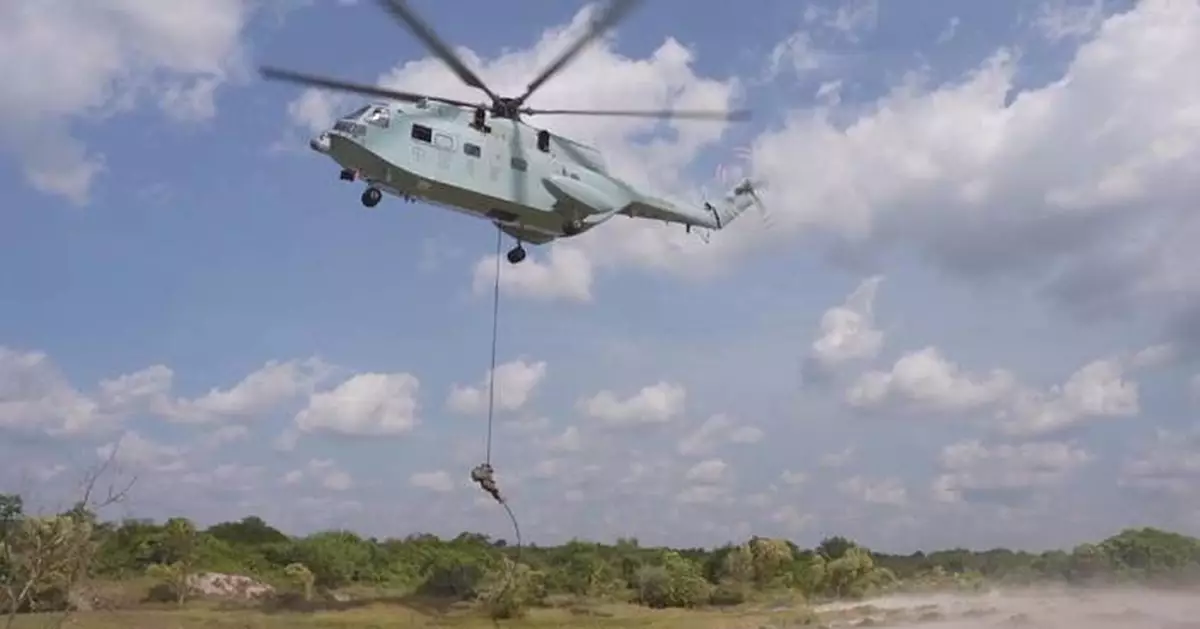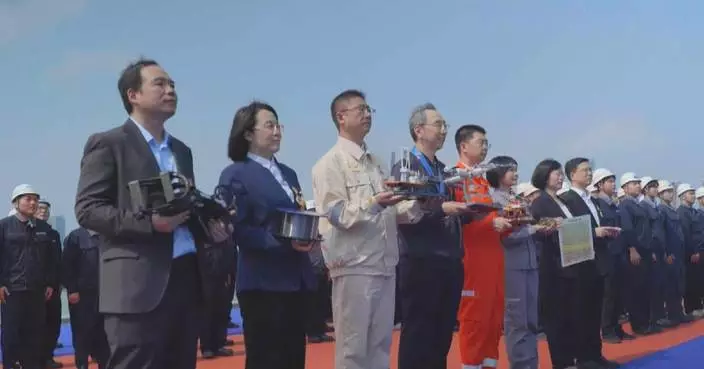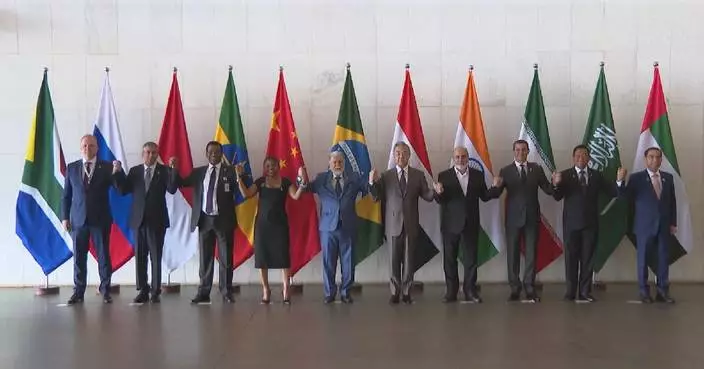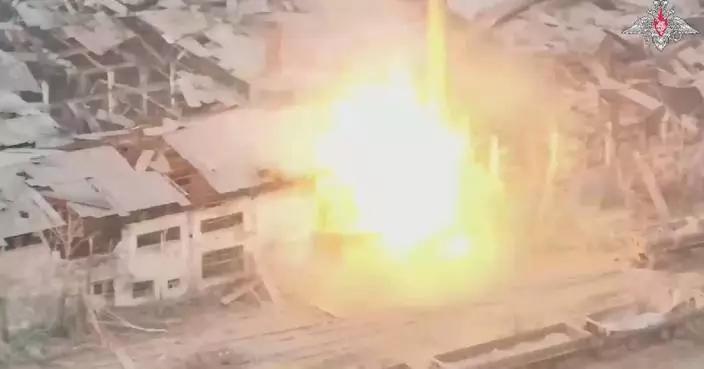The Chinese and Tanzanian militaries are conducting joint counter-terrorism exercises in Mapinga, Tanzania, to enhance capabilities and deepen trust, with the land phase underway following the successful completion of the sea phase on Monday.
The joint exercises, named Peace Unity-2024, involve soldiers from both nations in operations aimed at safeguarding maritime transportation security.
The naval drill features China's PLA landing ship Wuzhishan, guided missile destroyer Hefei, and four patrol vessels from Tanzania.
"We expect more, more and more effective exercises teaching our officers and soldiers to have a better understanding of what is supposed to be done in the Navy," said GJ Makhala from the Tanzania Naval Command.
The militaries have practiced joint search and rescue, counter-terrorism, counter-piracy, and patrol maneuvers, transitioning from sea to port.
"Through this joint exercise, the marines from both sides learned from each other, communicated with each other, and enhanced friendship," said Chen Wei from the PLA Navy.
The Peace Unity-2024 exercises consist of a sea phase and a land phase. The maritime live-fire phase concluded on Monday, and the land phase began full-element, whole-process training on Tuesday, including joint combat planning, infiltration, and reconnaissance.
China states that these exercises will help in jointly preserving regional peace and stability. The land phase will conclude on Aug. 11.
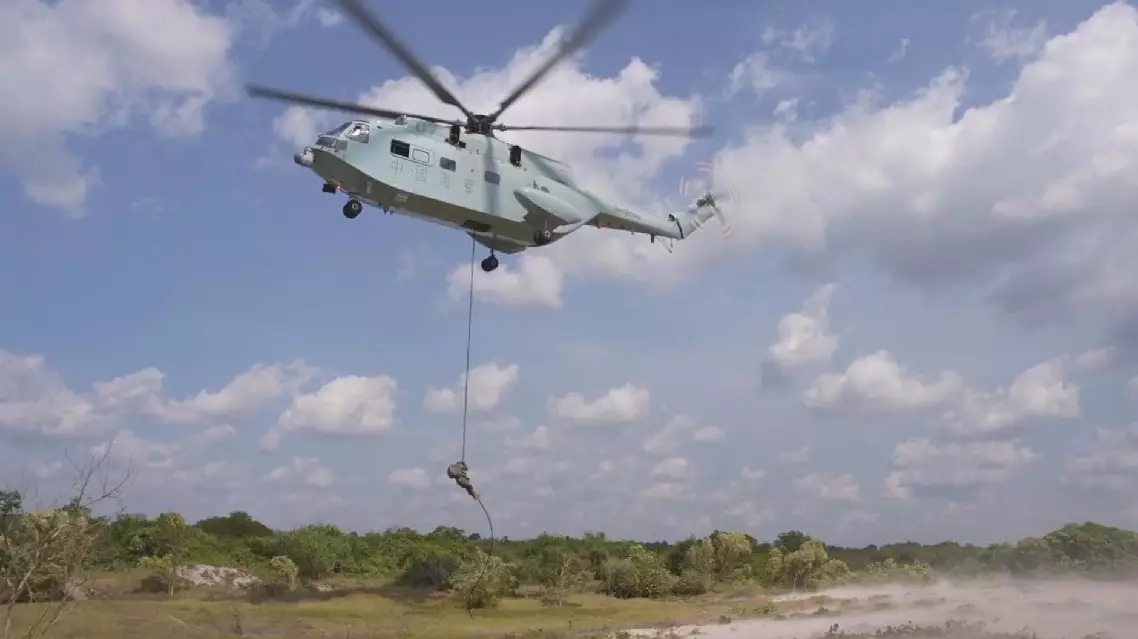
Tanzania-China joint anti-terrorism drill shifts to land phase
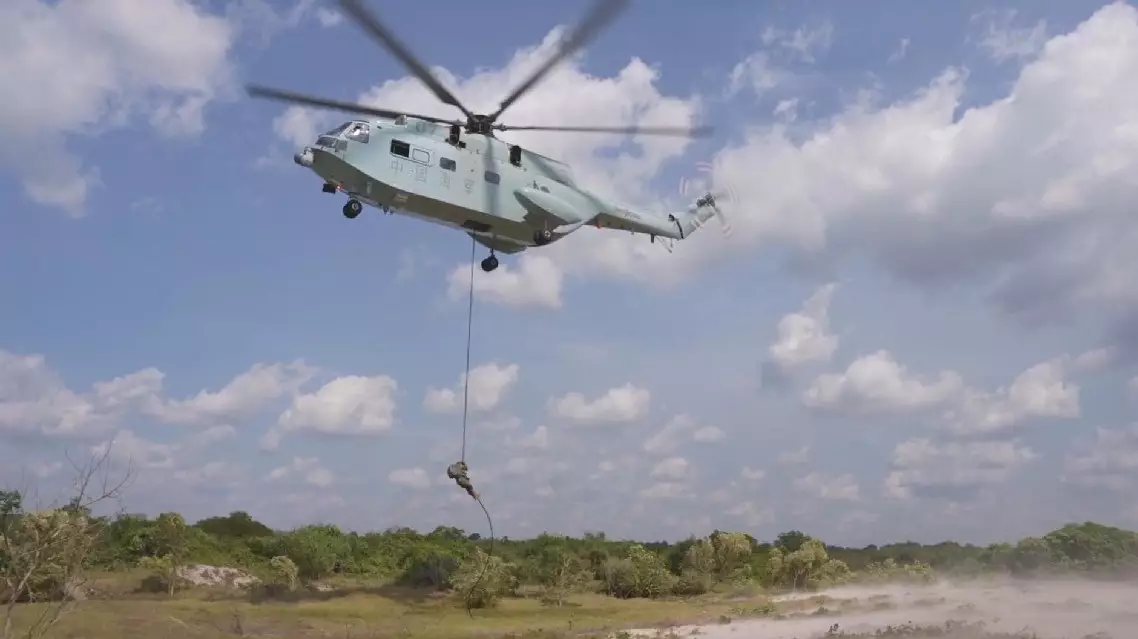
Tanzania-China joint anti-terrorism drill shifts to land phase
Brazilian President Luiz Inacio Lula da Silva met with visiting Chinese Foreign Minister Wang Yi in Brasilia on Wednesday, expressing the willingness to strengthen bilateral ties and expand cooperation.
Lula said that Brazil and China have built strong mutual trust and deepened cooperation across various fields, showing that Brazil's steadfast friendship with China is the right choice and a model for South-South cooperation.
He said that he looks forward to maintaining close high-level exchanges with China, further strengthening economic and trade ties, and expanding the mutually beneficial cooperation in finance, energy and other fields.
China's firm and forceful countermeasures against the "reciprocal tariffs" is admirable, said the Brazilian president, noting that China's just actions have received widespread support while certain country's irresponsible and unilateral practices warrant joint resistance.
Brazil is willing to work with China to advocate free trade, defend international rules, and counter any power overriding international justice, the president added.
Wang, who is also a member of the Political Bureau of the Communist Party of China Central Committee, said that China is willing to work with Brazil to implement the important consensus reached by the two heads of state and push for more outcomes in building a China-Brazil community with a shared future.
China will strengthen its cooperation with BRICS and Global South countries, adhere to multilateralism and safeguard international rules, he said.
On the same day, Wang attended the 15th Meeting of BRICS National Security Advisers and High Representatives on National Security in Brasilia.
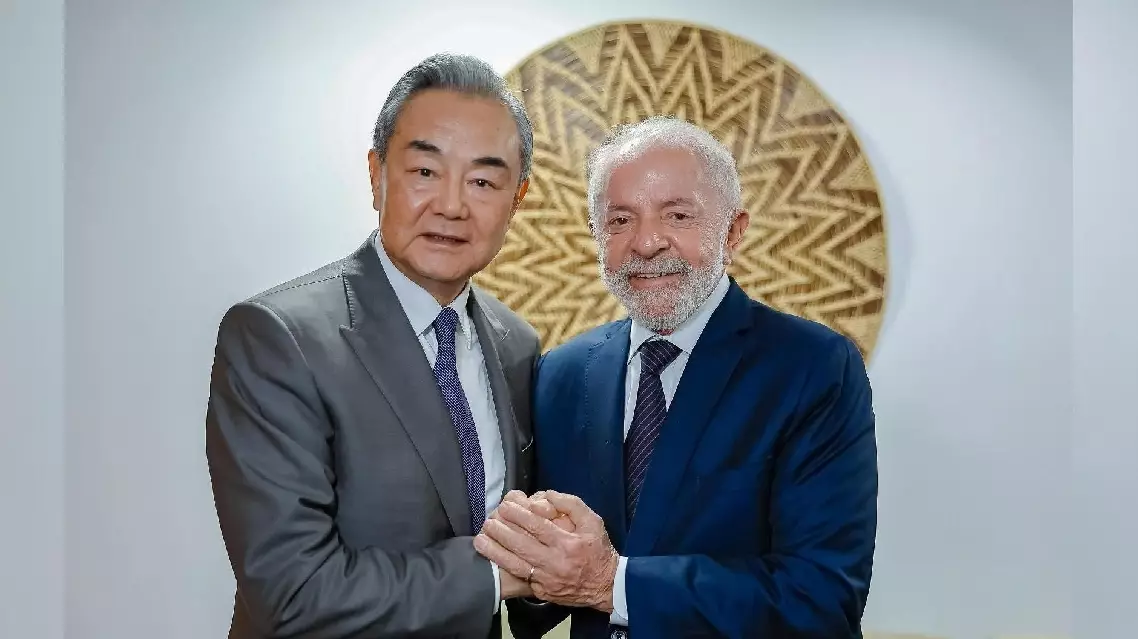
Brazilian president meets Chinese FM on closer ties, cooperation




